

Click the green label above to listen to the aerobic FM audio.
As our ancestors said: “Cold is the evil of Yin, which easily harms Yang Qi.” Since the source of Yang Qi in the human body originates from the kidneys, cold evil is most likely to injure Kidney Yang.
When Kidney Yang is injured, it can lead to health issues such as cold pain in the lower back and knees, susceptibility to wind and cold, frequent nighttime urination, impotence, and premature ejaculation. If Kidney Yang deficiency also affects Kidney Yin, leading to insufficient Kidney Yin, symptoms such as dry throat, dry mouth, dizziness, and tinnitus may follow.
1. The Source of Vital Energy is the Kidneys
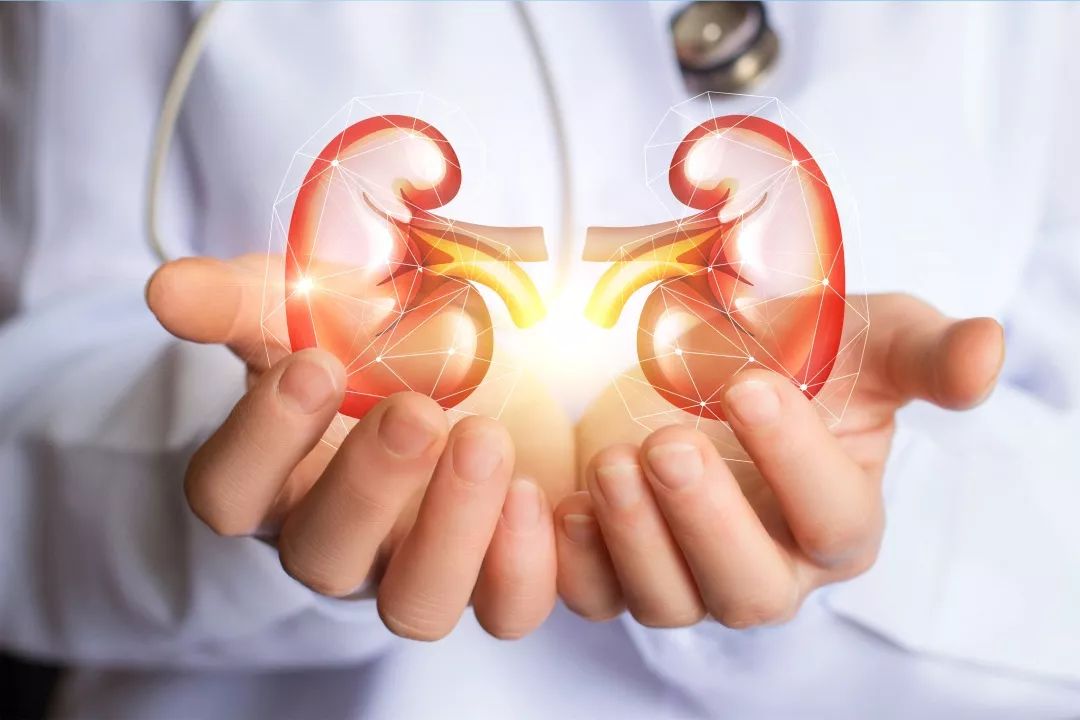
As people age, the functions of the five organs gradually decline, leading to a continuous weakening of the postnatal essence of the organs. The deficiency of the five organs can result in low immunity and easy fatigue, with a significant mechanism being the depletion of Kidney Essence. When Kidney Essence is deficient, both Yin and Yang are insufficient, leading to malnourishment of the muscles and bones, and the five organs being undernourished, which can cause symptoms such as low immunity, fatigue, and weakness.
The source of vital energy is the kidneys, which are referred to as the “root of pre-natal and post-natal life.” Throughout history, TCM practitioners have believed that the growth, development, and aging of the human body are closely related to the rise and fall of Kidney Qi. The kidneys store vital energy, and Kidney deficiency is closely related to low immunity and physical fatigue. When Kidney Essence is deficient, it can also affect the liver and spleen, leading to a dual deficiency of essence and Qi, resulting in symptoms such as lower back pain, weakness in the legs, fatigue, dizziness, and blurred vision.
In TCM, everything is divided into Yin and Yang, and the kidneys also have distinctions between Kidney Yin and Kidney Yang. Therefore, before tonifying the kidneys, it is essential to clarify whether it is Yin deficiency or Yang deficiency!
01
Kidney Yang Deficiency

Symptoms: TCM believes that “Yang deficiency leads to external cold,” therefore, Kidney Yang deficiency will present symptoms of cold intolerance, often manifesting as pale complexion, fear of cold, cold hands and feet, lack of energy, easy fatigue, insomnia, forgetfulness, lower back and knee soreness, and frequent nighttime urination.
02
Kidney Yin Deficiency

Symptoms: Kidney Yin deficiency can easily lead to internal heat. TCM theory states that “Yin deficiency generates internal heat,” which can lead to symptoms such as five hearts heat (i.e., palms, soles, and chest feeling hot), dry mouth and throat, yellow urine, dry stools, poor mental state, irritability, insomnia with vivid dreams, and sweating during sleep.
2. Why Are There So Many People with Yang Deficiency?
Why are there so many people with Yang deficiency in modern times? Firstly, some individuals inherently have a Yang deficiency constitution. Secondly, unhealthy modern lifestyles contribute, such as spending long periods in air-conditioned rooms during summer, prioritizing style over warmth in winter clothing, frequently consuming cold drinks or cold foods, and excessive indulgence. Additionally, chronic illness can also damage Yang Qi.
How Does the Body Signal Kidney Yang Deficiency?
01
Lower Back and Knee Soreness and Cold Pain
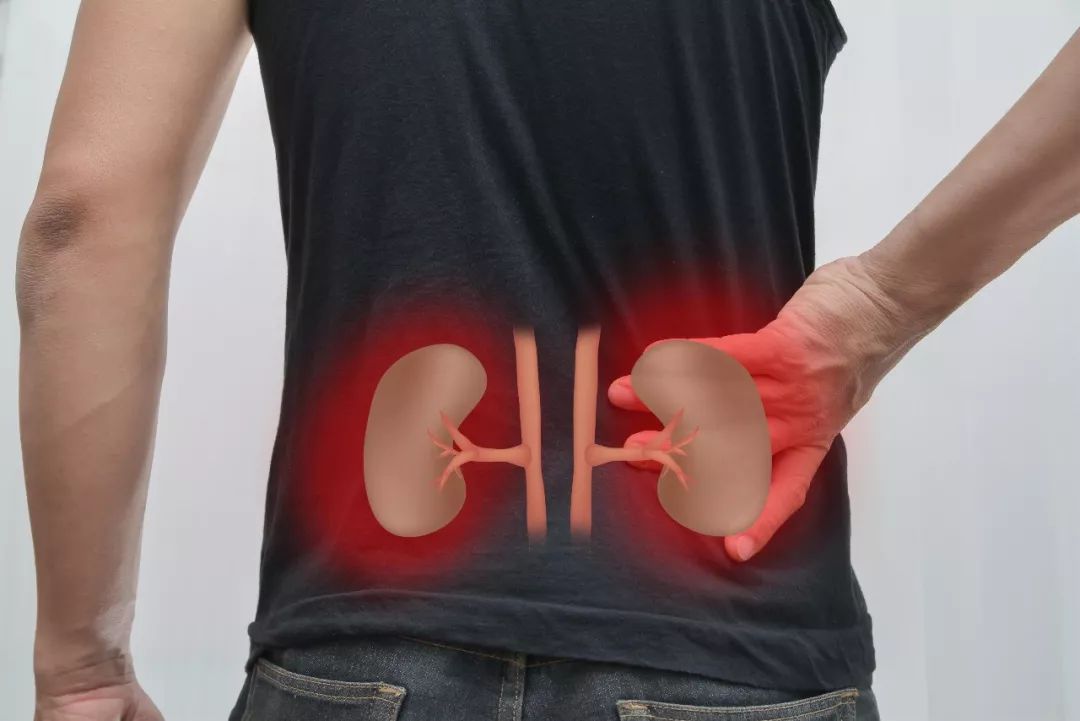
Symptoms such as lower back pain, knee soreness, weakness in the limbs, and cold hands and feet occur. This is due to the blood deficiency caused by Kidney Yang deficiency, which hinders smooth blood circulation and affects the body’s hematopoietic function.
02
Fatigue and Lack of Energy

Patients with Kidney Yang deficiency often feel fatigued and lack energy, and they are easily cold.
03
Swelling of the Limbs
Kidney Yang deficiency can lead to swelling, especially in the lower limbs, due to the retention of fluids below the waist, resulting in skin edema.
04
Decreased Sexual Function

The most common symptom is decreased sexual function, which can manifest as impotence and premature ejaculation.
05
Abnormal Urination
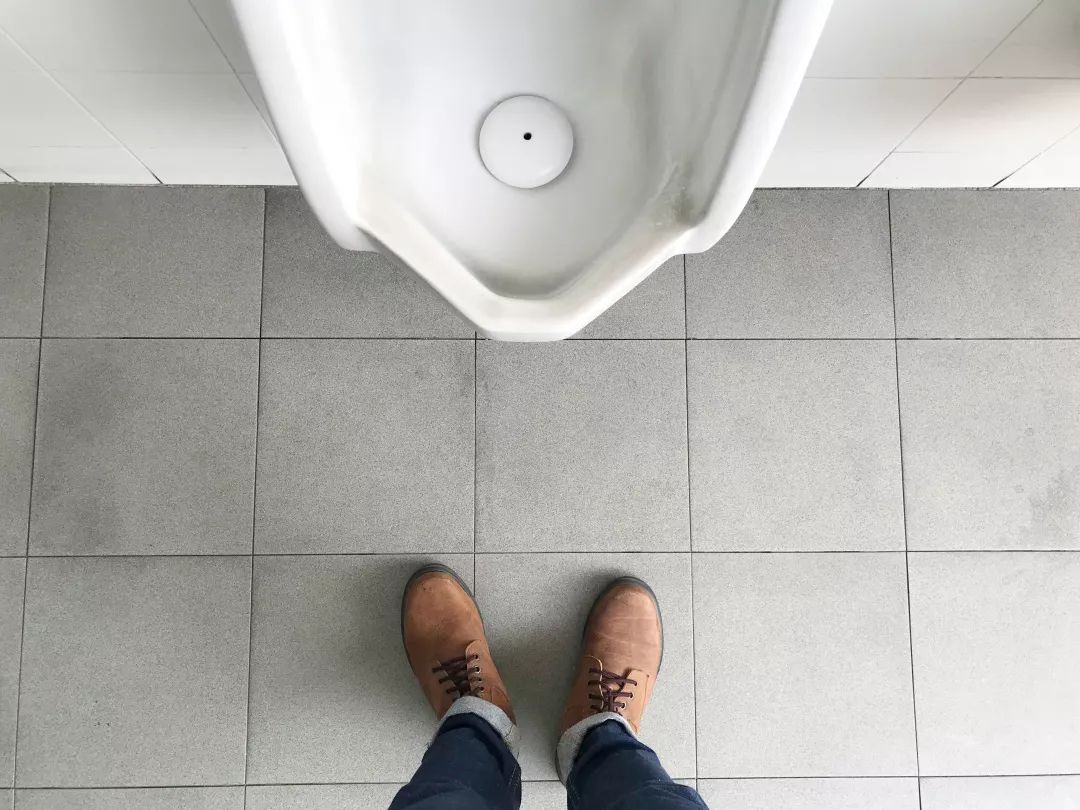
Frequent and urgent urination is also a common symptom of Kidney Yang deficiency.
3. Nourishing Kidney Yang: Start with Good Sleep

Sleep is an important aspect of nourishing the kidneys, especially the “Zi Wu sleep” (midnight nap). In TCM, “Zi Wu sleep” refers to the periods of sleep needed for kidney nourishment, specifically during the Zi hour (11 PM to 1 AM) and Wu hour (11 AM to 1 PM).
The principle of “heaven and man correspond” is a significant feature of TCM, indicating that humans are closely related to the external environment. Around noon, the external Yang Qi is at its peak, and napping can nourish the Yang Qi in the kidneys; around midnight, the external Yin Qi is at its peak, and sleep can nourish the Yin Qi in the kidneys.
For individuals with a Yang deficiency constitution, if symptoms are mild, dietary recommendations include consuming warming foods such as scallions, ginger, garlic, leeks, and pepper, while avoiding cold and cooling foods like watermelon, cucumber, and pears. Additionally, it is important to note that there are differences between Yin deficiency and Yang deficiency, and foods also have warming and cooling properties. It is essential to clarify what is suitable before supplementation; otherwise, it may be counterproductive.

Selected Health Tips


(Click the image to read the article)
Little Gu has something to say:
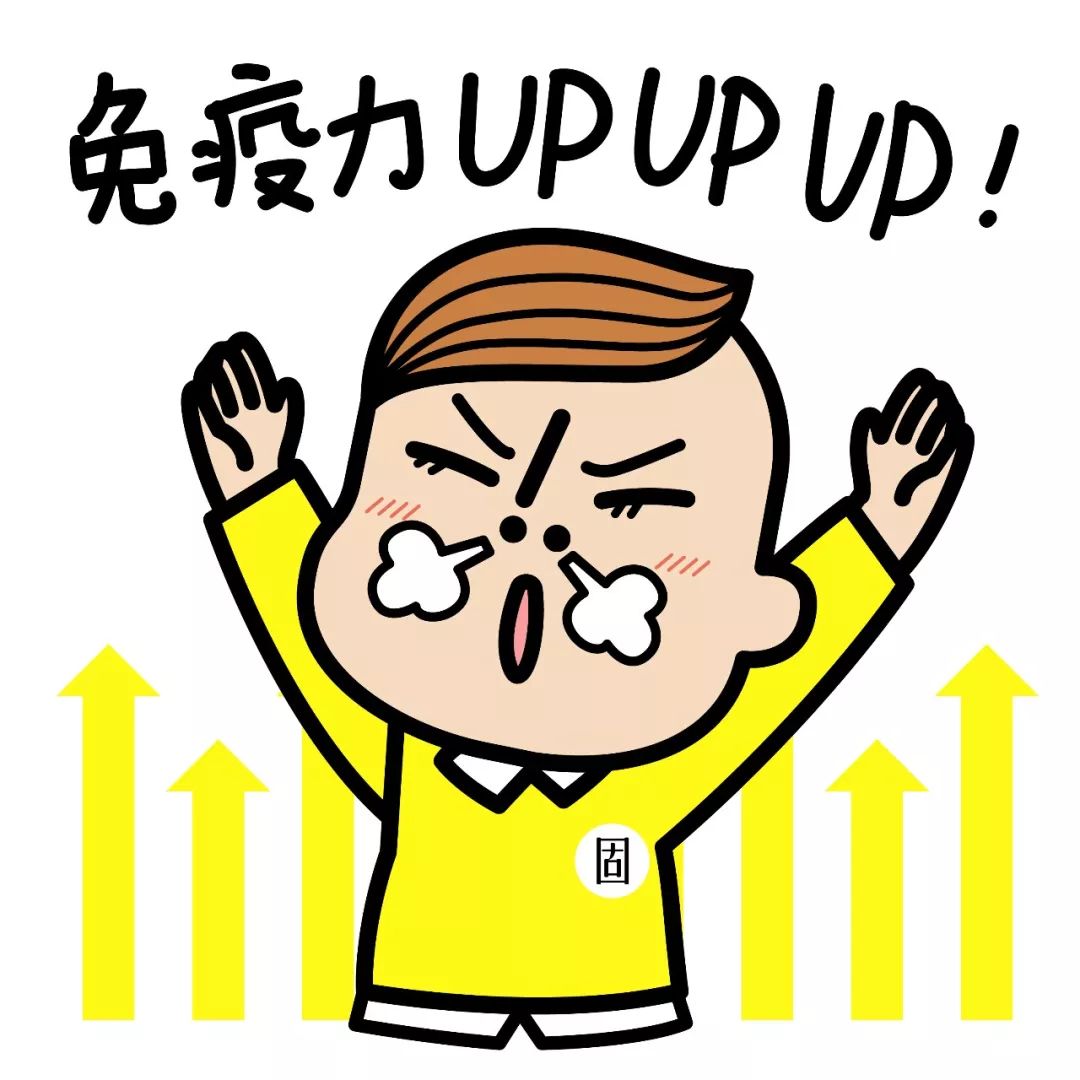
Learn to bask in the sun and borrow some Yang Qi from the heavens!
This article is an original piece by Yangsheng Guben Health Life (ID: infinitus_ysgbjkrs) and is prohibited from reproduction without authorization.
The images in this article are purchased from Zcool and Hailuo PLUS. If there are any copyright disputes, please contact us.
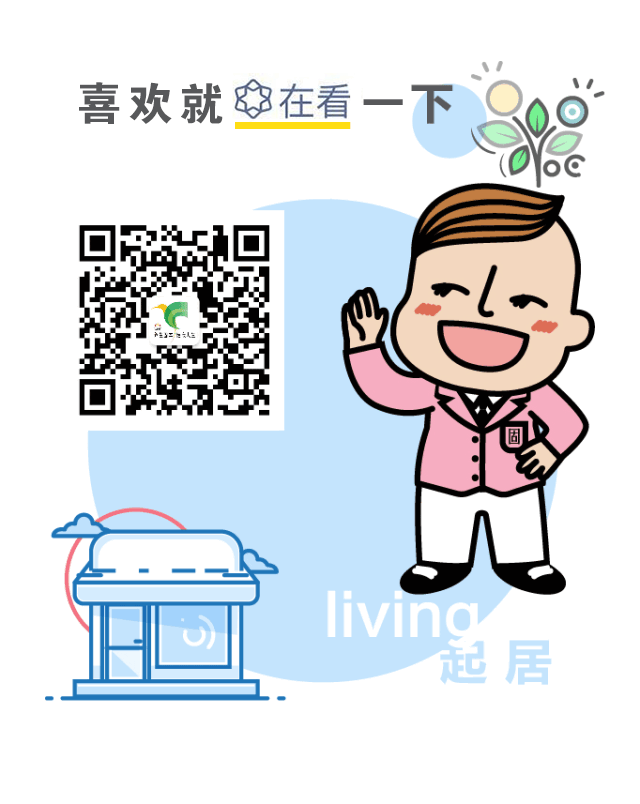

Click to listen to “Aerobic FM”



